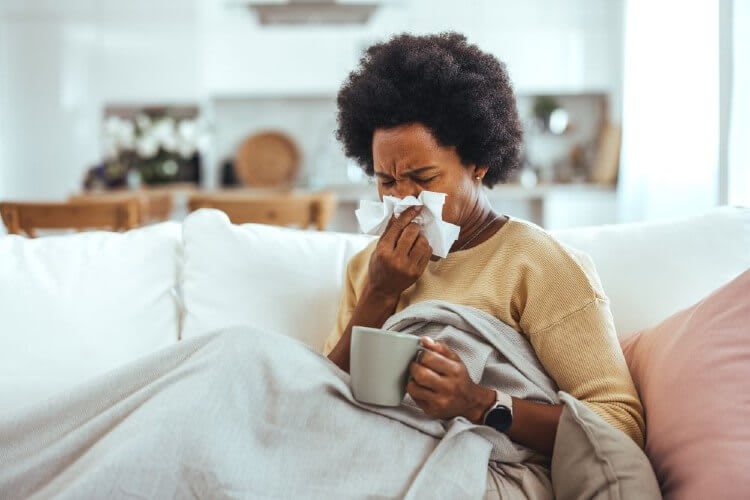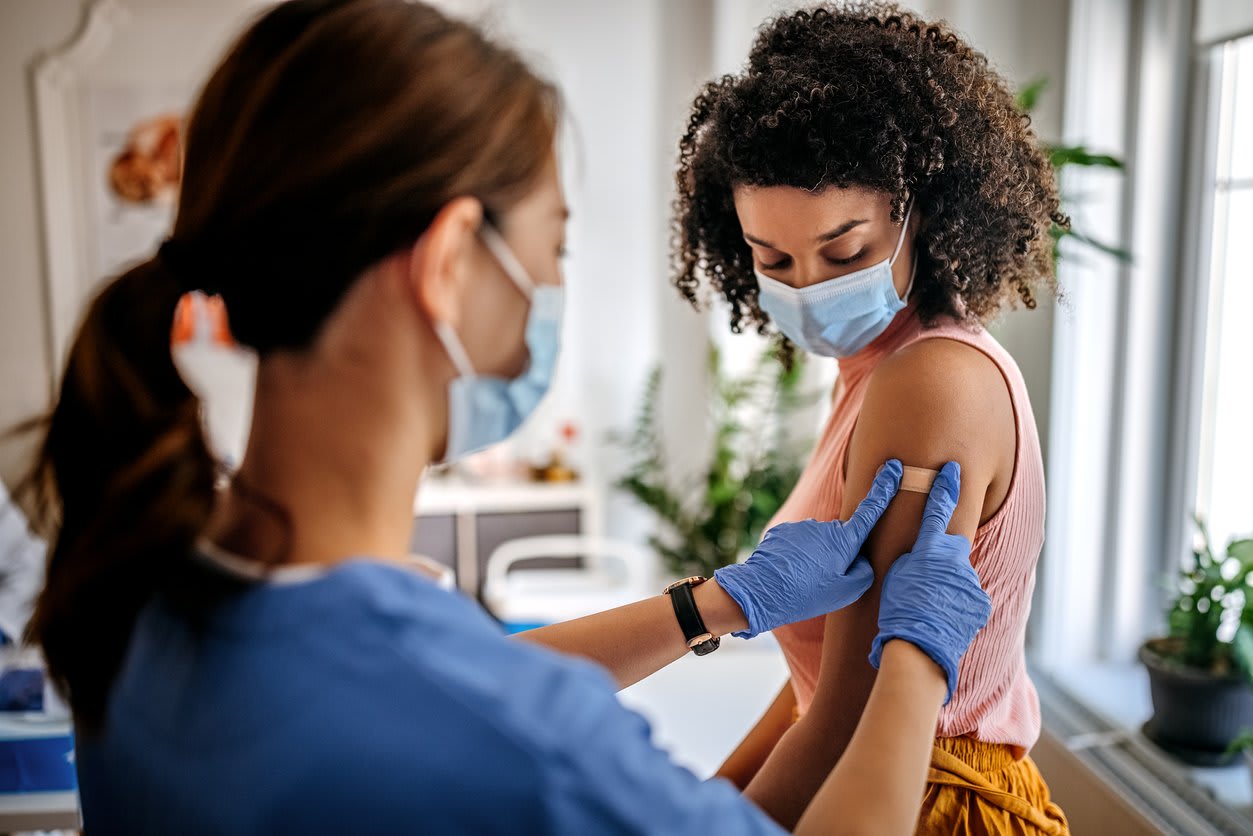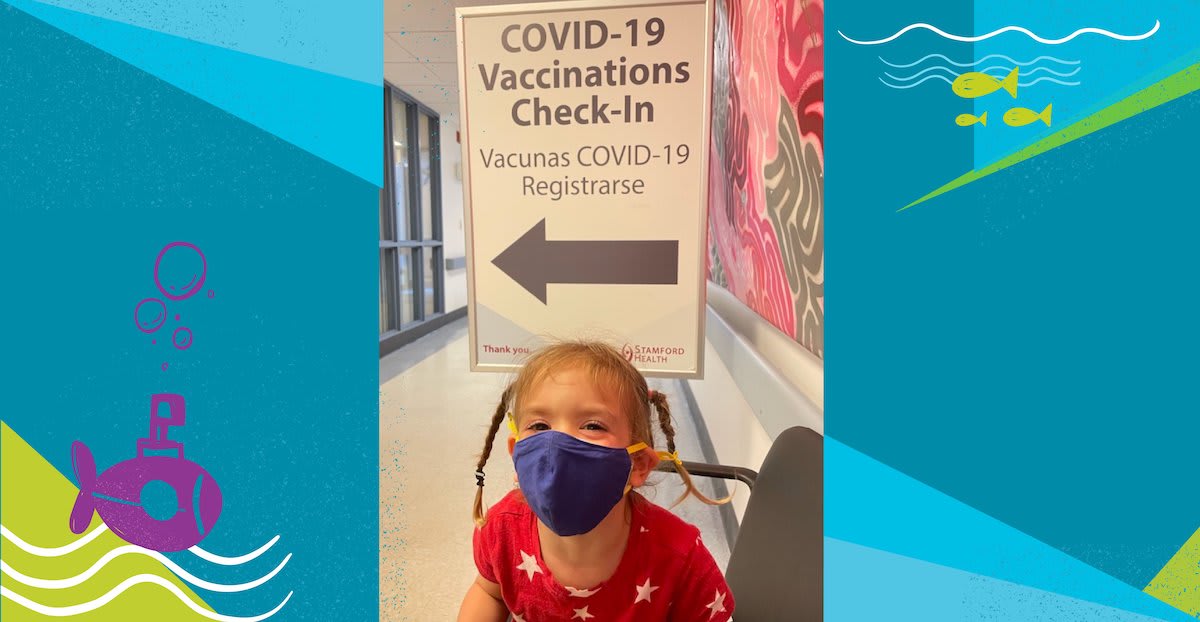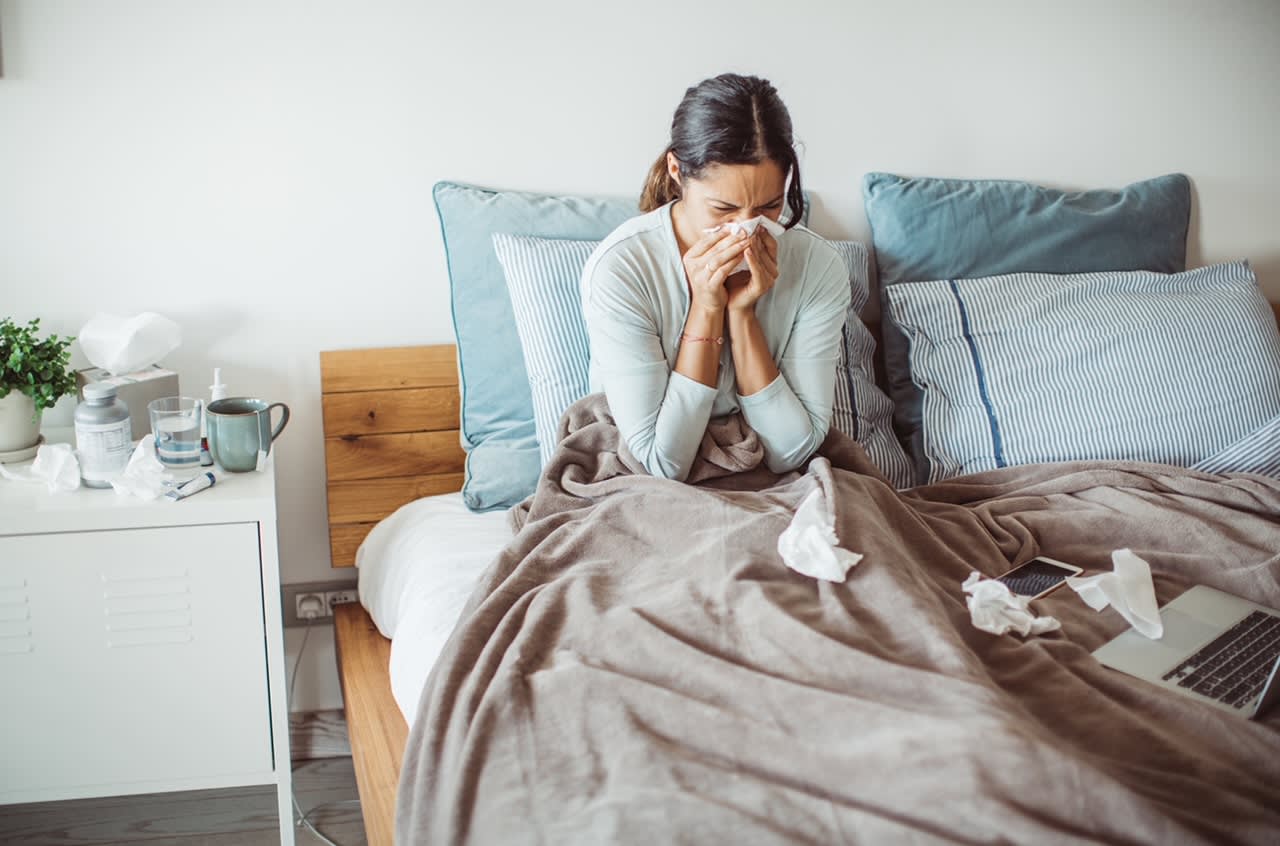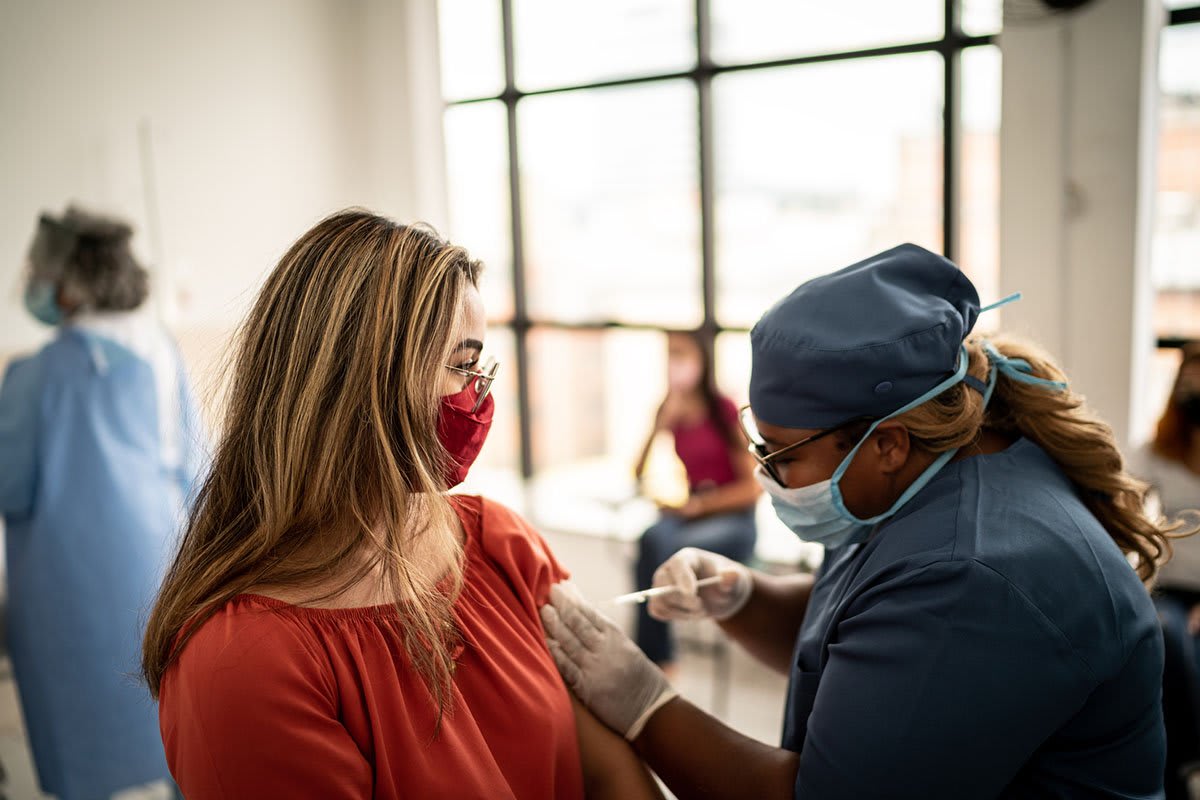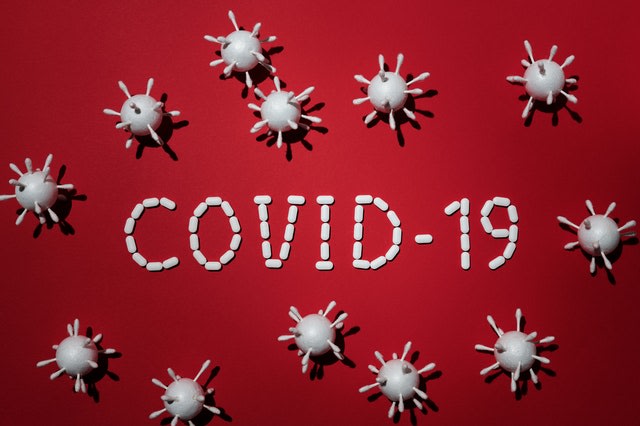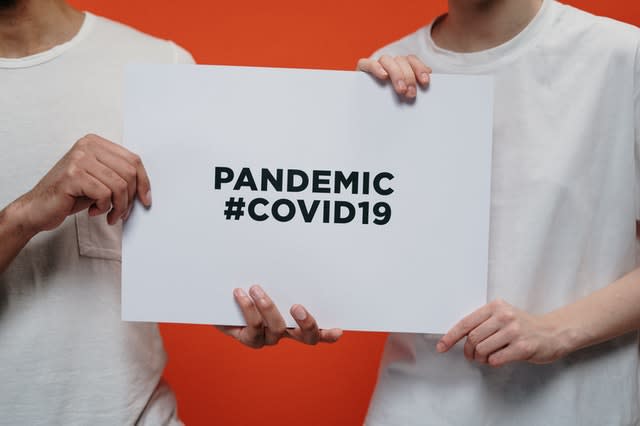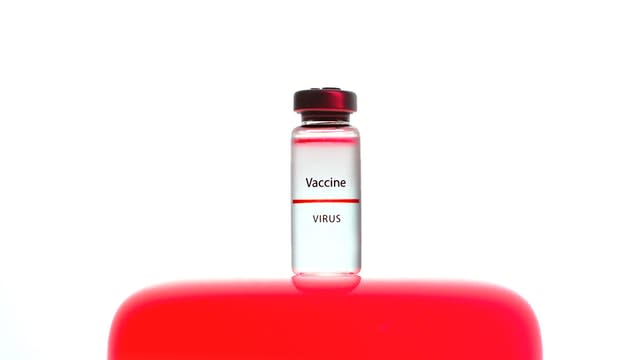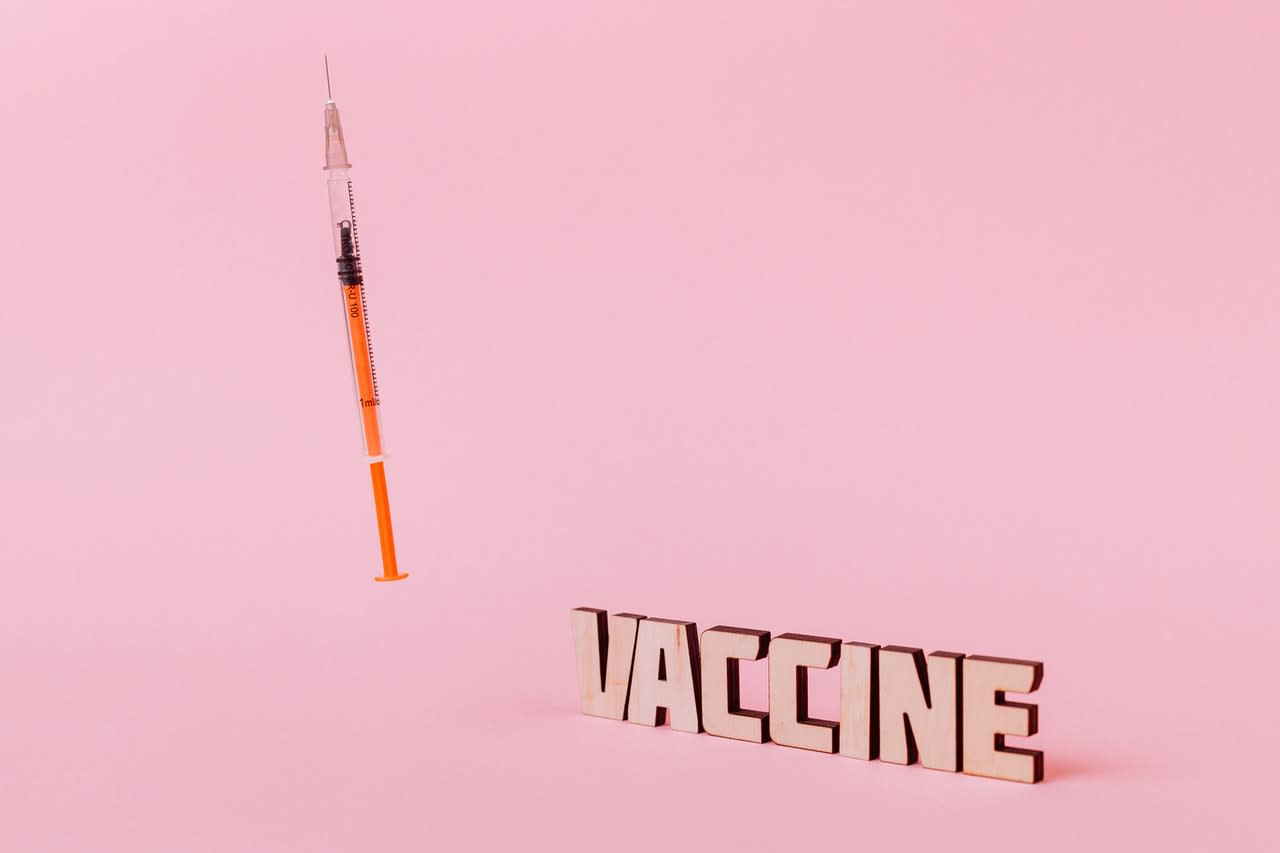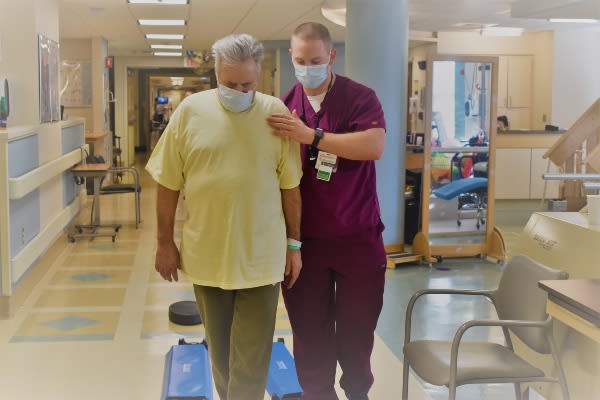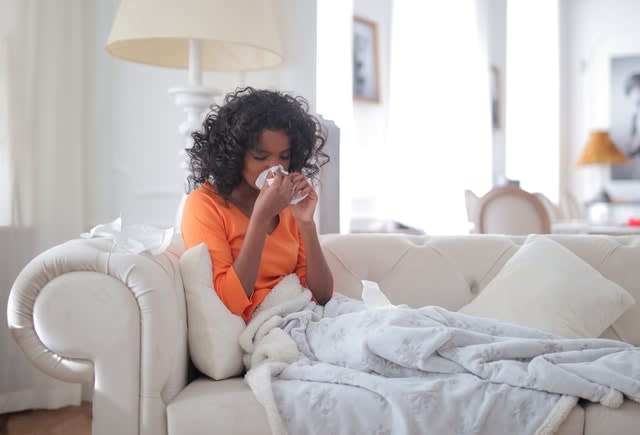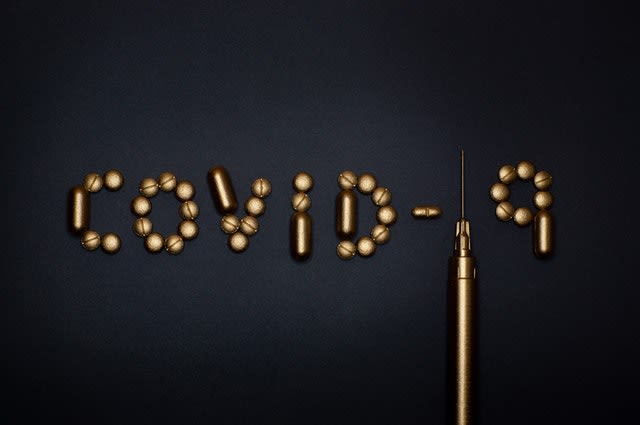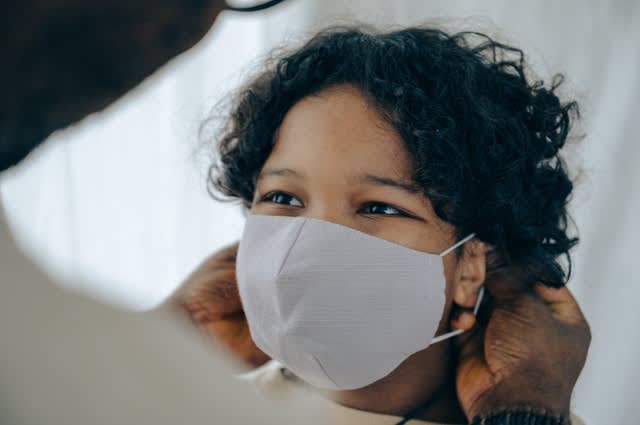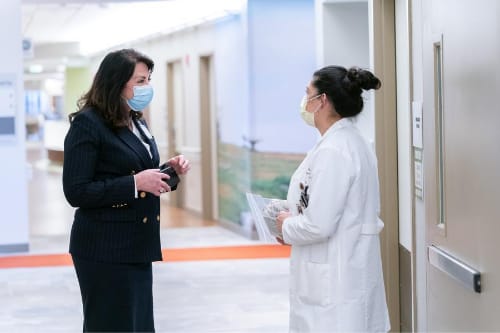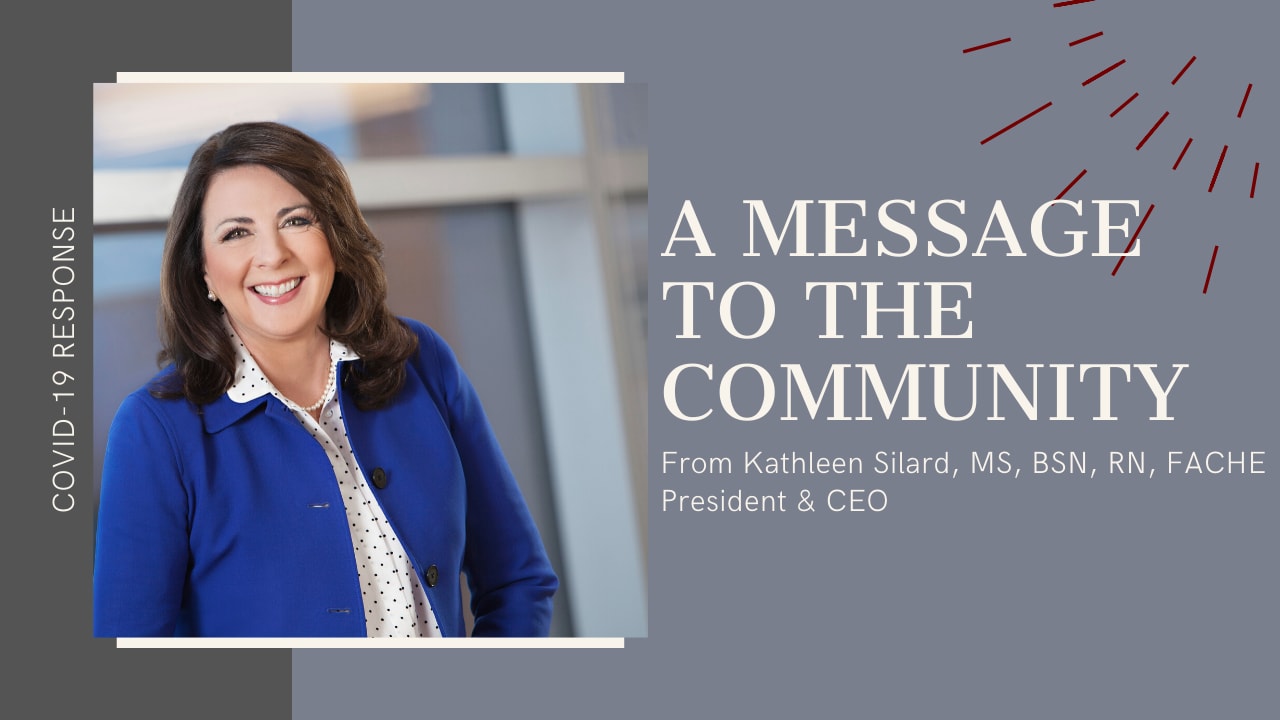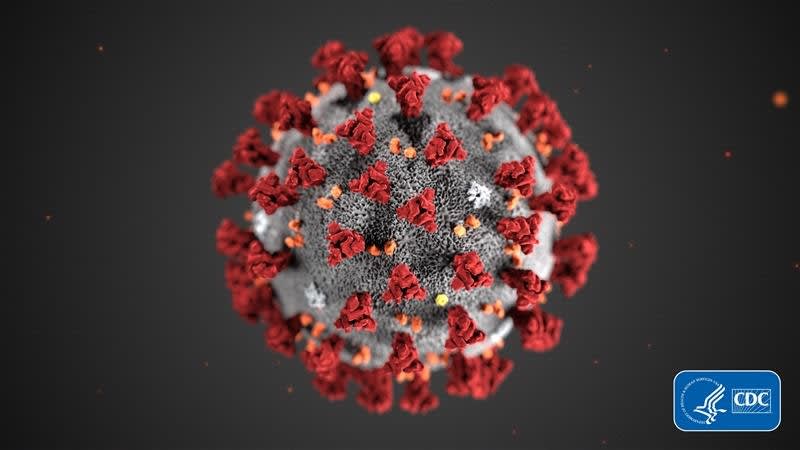By Asha K. Shah, MD, MS, Director of Infectious Diseases
While many people are fully vaccinated against COVID-19, there are still an astounding number who are either hesitant or against receiving it for various reasons. Stamford Health’s infectious diseases experts weigh in on some of the most misunderstood beliefs about the COVID-19 vaccine.
THE MYTH: I'm hearing about breakthrough cases of COVID-19 in vaccinated people, due to the Delta variant. This means the vaccine doesn't really work, so I shouldn't bother.
THE TRUTH:
THE BOTTOM LINE:
Getting vaccinated will protect you from getting severely ill from COVID-19.
THE MYTH: The research and development of the vaccine was very rushed, so we can\’t trust its safety and effectiveness.
THE TRUTH:
THE BOTTOM LINE:
The Pfizer, Moderna and Johnson & Johnson vaccines are very effective and safe.
THE MYTH: The side effects of the COVID-19 vaccine are dangerous, so it's not worth the risk.
THE TRUTH:
THE BOTTOM LINE:
There are much more severe long-term effects of being infected with COVID-19 compared to the short-lived side effects from receiving the vaccine.
THE MYTH: I've already recovered from COVID-19. Therefore, I'm immune and do not need a vaccine since I can't get it again. Because I've had COVID-19, the vaccine will just give me more severe side effects.
THE TRUTH:
THE BOTTOM LINE:
Due to the severe health risks associated with COVID-19 and the fact that re-infection is possible, you should get the vaccine even if you’ve had COVID-19 before.
THE MYTH: The vaccine won't work for me because of my cultural background or beliefs. In fact, I don't believe the vaccines were tested in minority groups.
THE TRUTH:
THE BOTTOM LINE:
There is evidence that minority racial and ethnic groups are at a greater risk for COVID-19 infection, all the more reason to get vaccinated if this applies to you.
THE MYTH: The vaccine can affect women's fertility. I heard the spike protein on the coronavirus is the same as a spike protein involved in the growth and attachment of the placenta during pregnancy. That means getting the vaccine would cause my body to fight a protein and therefore impact fertility.
THE TRUTH:
THE BOTTOM LINE:
Getting COVID-19 can have serious impacts on pregnancy and the mother’s health. Getting vaccinated can significantly reduce that risk. This fact is supported by the American College of Obstetricians and Gynecologists.
THE MYTH: If I still have to wear my mask and practice social distancing after getting the COVID-19 vaccine, then there's no point in getting it. My day-to-day actions won't change, so why bother?
THE TRUTH:
THE BOTTOM LINE:
The vaccine will prevent you from developing moderate to severe COVID-19 illness. More people need to become vaccinated to curb the spread of COVID-19.
Where can I learn more about the COVID-19 vaccine?
COVID-19 cases are unfortunately on the rise due to spread of the highly contagious Delta variant mostly in unvaccinated individuals. Stopping a pandemic requires the use of all tools available, including the COVID-19 vaccine.
While many people are fully vaccinated against COVID-19, there are still an astounding number who are either hesitant or against receiving it for various reasons. Stamford Health’s infectious diseases experts weigh in on some of the most misunderstood beliefs about the COVID-19 vaccine.
THE MYTH: I'm hearing about breakthrough cases of COVID-19 in vaccinated people, due to the Delta variant. This means the vaccine doesn't really work, so I shouldn't bother.
THE TRUTH:
- Most new, positive cases of COVID-19 are occurring primarily in unvaccinated people.
- To a lesser extent, there have been a small number of "breakthrough" cases in fully vaccinated people. The overwhelming majority of these cases are mild.
- All three FDA-authorized vaccines are highly effective at preventing severe disease, hospitalization and death from COVID-19.
- Please read more about COVID-19 variants on the CDC website.
THE BOTTOM LINE:
Getting vaccinated will protect you from getting severely ill from COVID-19.
THE MYTH: The research and development of the vaccine was very rushed, so we can\’t trust its safety and effectiveness.
THE TRUTH:
- The pandemic did make the COVID-19 vaccine an urgent need. However, the mRNA technology behind the vaccines has been in development for almost two decades; it was created to help respond quickly to new pandemic illnesses, such as COVID-19.
- The developers did not skip any steps. They made the vaccine as the trials were taking place, instead of waiting until after the trials were completed.
- Social media helped companies find and engage volunteers quickly, many who were willing to help with COVID-19 vaccine research.
- Because COVID-19 is so contagious and widespread, it didn’t take long to see if the vaccine worked for the study participants who were vaccinated.
THE BOTTOM LINE:
The Pfizer, Moderna and Johnson & Johnson vaccines are very effective and safe.
THE MYTH: The side effects of the COVID-19 vaccine are dangerous, so it's not worth the risk.
THE TRUTH:
- The vaccine can have side effects, but the vast majority are short term and not serious or dangerous.
- These are signs that the vaccine is working to stimulate your immune system.
THE BOTTOM LINE:
There are much more severe long-term effects of being infected with COVID-19 compared to the short-lived side effects from receiving the vaccine.
THE MYTH: I've already recovered from COVID-19. Therefore, I'm immune and do not need a vaccine since I can't get it again. Because I've had COVID-19, the vaccine will just give me more severe side effects.
THE TRUTH:
- Based on information available now, immunity after having COVID-19 may not last as long as immunity from getting vaccinated.
- It is possible to get COVID-19 again, especially with the Delta variant strain and other variants that may circulate.
THE BOTTOM LINE:
Due to the severe health risks associated with COVID-19 and the fact that re-infection is possible, you should get the vaccine even if you’ve had COVID-19 before.
THE MYTH: The vaccine won't work for me because of my cultural background or beliefs. In fact, I don't believe the vaccines were tested in minority groups.
THE TRUTH:
- The vaccine clinical trials included a good proportion of individuals from ethnically diverse backgrounds.
- Vaccine protection was the same across all races, genders and ages.
THE BOTTOM LINE:
There is evidence that minority racial and ethnic groups are at a greater risk for COVID-19 infection, all the more reason to get vaccinated if this applies to you.
THE MYTH: The vaccine can affect women's fertility. I heard the spike protein on the coronavirus is the same as a spike protein involved in the growth and attachment of the placenta during pregnancy. That means getting the vaccine would cause my body to fight a protein and therefore impact fertility.
THE TRUTH:
- The two spike proteins mentioned above are very different from one another, so scientifically this cannot at all be true.
- Getting the vaccine will not affect the fertility of women trying to get pregnant, including through IVF.
THE BOTTOM LINE:
Getting COVID-19 can have serious impacts on pregnancy and the mother’s health. Getting vaccinated can significantly reduce that risk. This fact is supported by the American College of Obstetricians and Gynecologists.
THE MYTH: If I still have to wear my mask and practice social distancing after getting the COVID-19 vaccine, then there's no point in getting it. My day-to-day actions won't change, so why bother?
THE TRUTH:
- You are less likely to spread COVID-19 to others if you are fully vaccinated.
- There may be some situations in which you should continue to wear a mask indoors, regardless of your vaccination status, in order to protect those that are immunocompromised or may be unable to get vaccinated (e.g. children under the age of 12).
THE BOTTOM LINE:
The vaccine will prevent you from developing moderate to severe COVID-19 illness. More people need to become vaccinated to curb the spread of COVID-19.
Where can I learn more about the COVID-19 vaccine?
- If you have specific questions or concerns about getting the COVID-19 vaccine, please have a conversation with your primary care physician.
- For answers to more questions, visit this page.
Featured Expert/ Author



